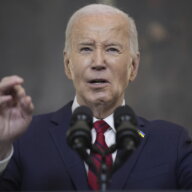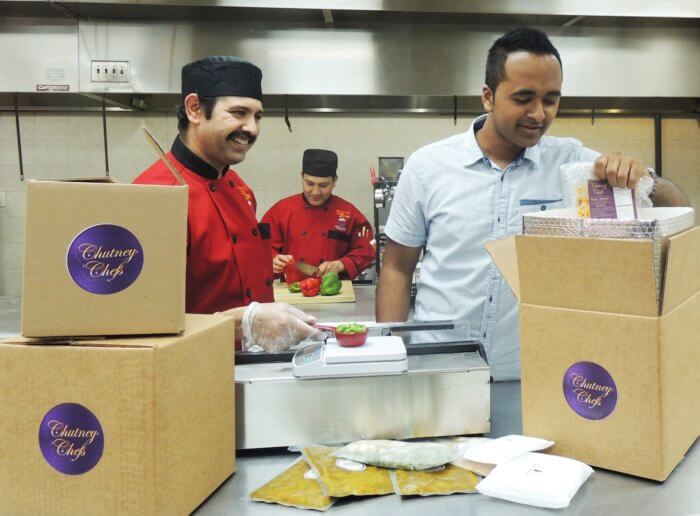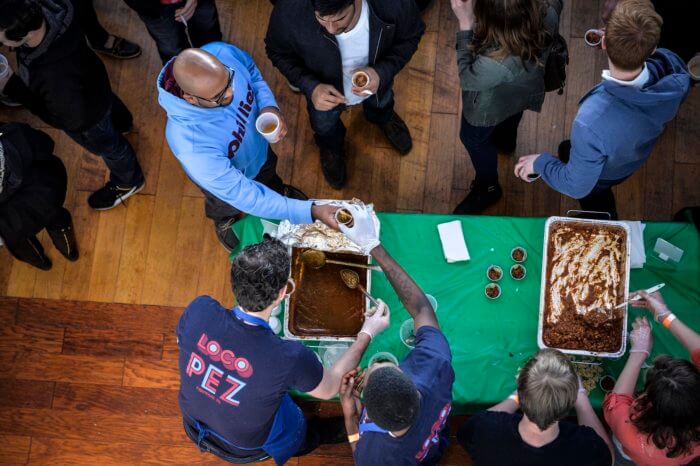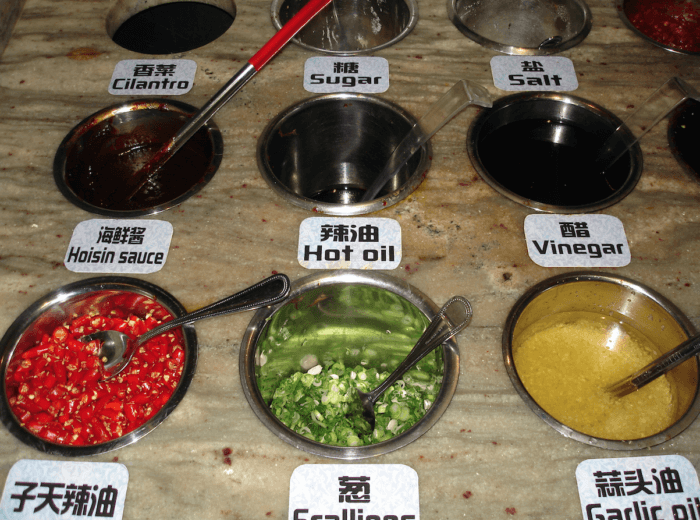As food trucks push their way into more side streets and plazas across the Philadelphia area they remain prohibited from high-traffic areas — including Center City and Old City — where alternative eating options aren’t allowed to set up shop. Alan Krawitz started the Say Cheese Philly truck with his father. After four years, and moving throughout the city, they focus more and more of their attention on the office parks in the immediate suburbs. “There’s certainly opportunities for us (in town), but clearly accessing Old City and Center City that would make for huge opportunities for food trucks,” Krawitz said, “but we also understand that a lot of those people who are against the food trucks going into the high-traffic areas; they pay rent.” “There has to be some common ground,” he added.
In an effort to help bridge the gap between the trucks who want more access to crowds at prime locations and brick-and-mortar restaurateurs who pay rent to stay stationary, City Councilman Mark Squilla is pushing new bills through city hall. Squilla introduced bills at the end of January that attempt to set rules and boundaries for mobile food vendors and where they can park their business.
To this point, the city only recognized mobile cooks as “street vendors.” An umbrella term, the city saw vendors as one group and not individual and independent businesses. The bill would change the label, and also give trucks the green light to park on private property, private parking lots and city property. The momentum started after more and more trucks sprouted up across the city in the past five to 10 years, and the back-and-forth between the mobile cooks and the stationary cooks is still influencing how the bills will eventually be written. Anne Kelly, Squilla’s chief of staff, said the bills are still in progress.
“The purpose isn’t to restrict food trucks, it’s more to regulate so that they can exist in harmony with residents and other businesses.”
Krawitz said if food trucks could access the late-night crowds in some of these high-traffic areas “The revenue could be huge.”
“I see both sides of it,” he said. “There are certainly some excellent locations.”As food trucks push their way into more side streets and plazas across the Philadelphia area they remain prohibited from high-traffic areas — including Center City and Old City — where alternative eating options aren’t allowed to set up shop. Alan Krawitz started the Say Cheese Philly truck with his father. After four years, and moving throughout the city, they focus more and more of their attention on the office parks in the immediate suburbs. “There’s certainly opportunities for us (in town), but clearly accessing Old City and Center City that would make for huge opportunities for food trucks,” Krawitz said, “but we also understand that a lot of those people who are against the food trucks going into the high-traffic areas; they pay rent.” “There has to be some common ground,” he added.
In an effort to help bridge the gap between the trucks who want more access to crowds at prime locations and brick-and-mortar restaurateurs who pay rent to stay stationary, City Councilman Mark Squilla is pushing new bills through city hall. Squilla introduced bills at the end of January that attempt to set rules and boundaries for mobile food vendors and where they can park their business.
To this point, the city only recognized mobile cooks as “street vendors.” An umbrella term, the city saw vendors as one group and not individual and independent businesses. The bill would change the label, and also give trucks the green light to park on private property, private parking lots and city property. The momentum started after more and more trucks sprouted up across the city in the past five to 10 years, and the back-and-forth between the mobile cooks and the stationary cooks is still influencing how the bills will eventually be written. Anne Kelly, Squilla’s chief of staff, said the bills are still in progress.
“The purpose isn’t to restrict food trucks, it’s more to regulate so that they can exist in harmony with residents and other businesses.”
Krawitz said if food trucks could access the late-night crowds in some of these high-traffic areas “The revenue could be huge.”
“I see both sides of it,” he said. “There are certainly some excellent locations.”
Idea: Food truck plaza could work
Patrick Baudoin-rea typically parks his green Mucho Bueno Mexican-inspired food truck at The Porch at 30th Street Station.
But he sees more customers just beyond many food-truck owner’s reach.
Old City has some carts, but no trucks are allowed.
His solution: “Open certain areas,” he said.
“Out West, they take a parking lot and convert it into a food truck plaza,” he said. “It can work.”
“There is definitely a market for it,” he added. “I think people are looking for better-quality, cheaper food.”
Mobile food trucks making in-roads
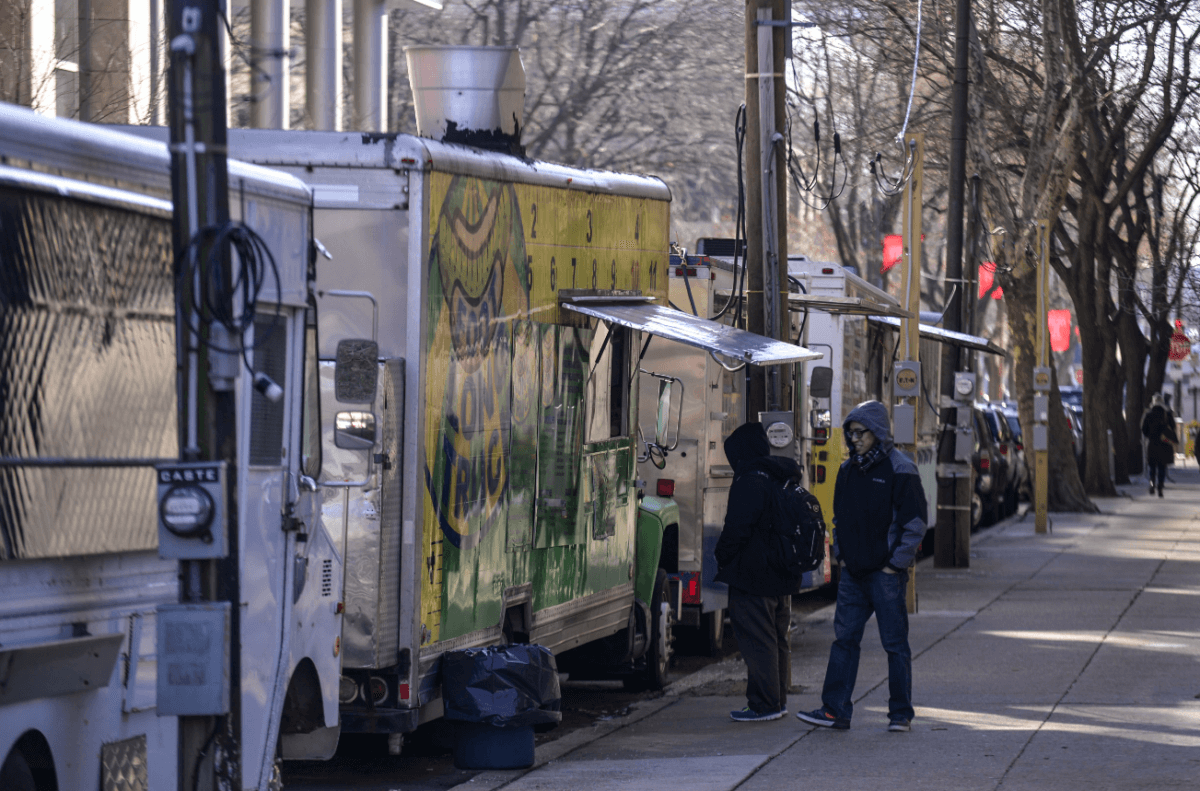
Charles Mostoller













